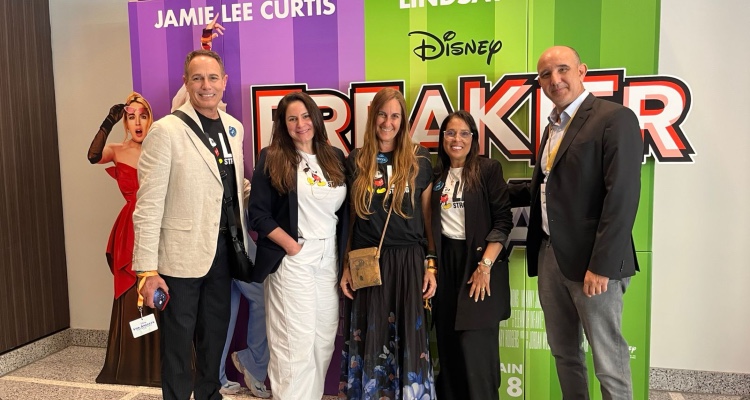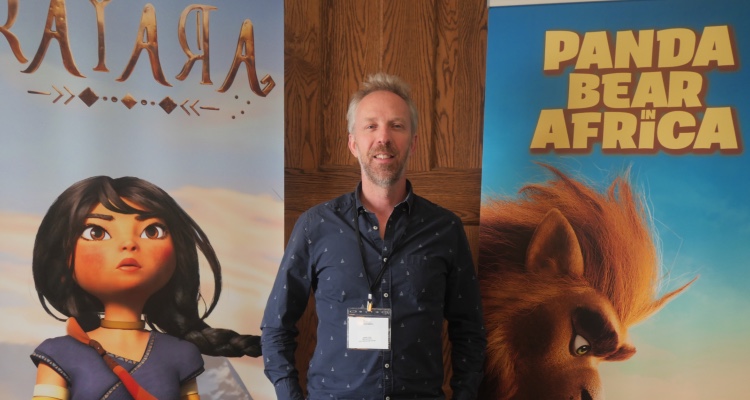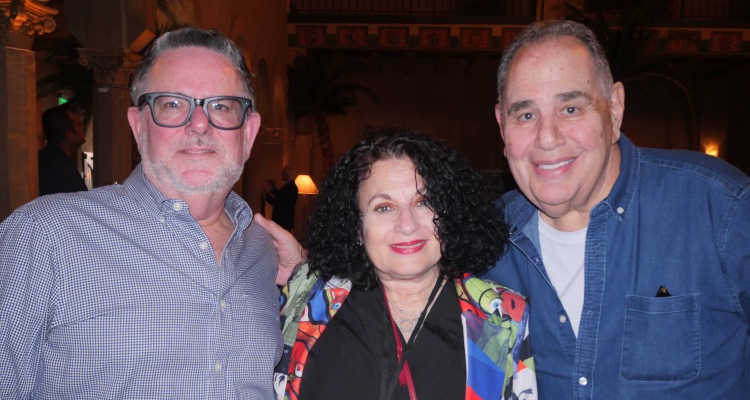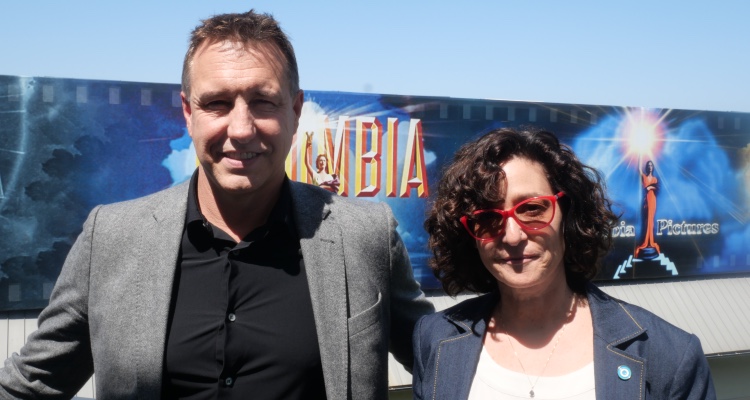In this new era of opportunities and challenges, AI is one of the most relevant technologies. The industry is adapting and with them new ways of producing.
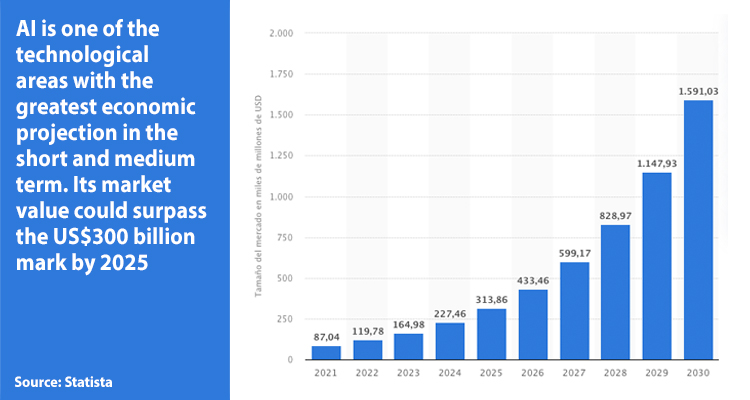
Artificial Intelligence covers a wide range of technologies and systems that seek to copy or overcome human abilities in some fields. While it has increasingly sophisticated applications, it still faces challenges. For many, AI presents a risk about the potential impact on society and employment; but it is hoped that it is not intended to replace content professionals or human creativity, but rather to improve the efficiency and quality of their daily work. Pedro Domingo, scientist and author of “The Master Algorithm”, said: ‘The only real limit to AI is human ethics’.
The constant advance of AI promises to radically change the way we experience and understand the audiovisual sector and the entertainment industry. This opens up new opportunities and challenges for creators, producers and customers. One of the clearest applications is the improvement of content recommendations on streaming platforms. It could also influence the creation of content and scripts by analyzing the most successful and popular content on different platforms, where developers and writers can understand audience tastes, creating more engaging material. As technology advances, AI-driven voice cloning could change the dubbing industry, where we could watch content with the original voice actors, speaking another language perfectly.

‘We still have to discuss what the values will be, and I think art is the way to start discussing them. This technology still requires human intervention, as it is not aware of its own existence. We have to be skeptical when its creators say that we have to regulate it’ said James Cameron to Prensario, during his visit to Argentina this year.
The technology represents opportunities for the sector but also some questions. At the Expo Andina Link 2023 (Colombia), during the panel «Algorithms in the Audiovisual Industry», Alexandra Falla explained that AI is used in processes of resignification of audiovisual memory for the rescue of historical archives, and noted that algorithms can be trained to erase a character or objects. Another use is the colorization of files, which allows improving the quality of images, videos and contents.
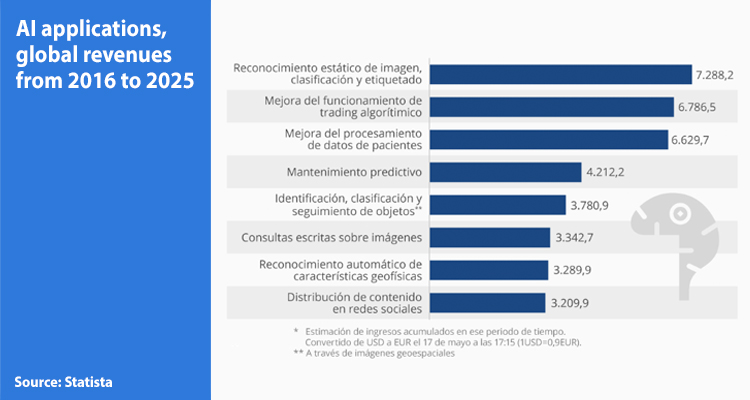
AI can be used to automate processes: generating character and scene animations, which can save time and resources. Regarding movie planning and distribution, it analyzes demographic and trend data to predict what the next blockbusters will be, and to optimize the distribution of movies on different platforms and markets. Finally, it is also used in social media monitoring, analyzing online conversations about programs and content, which can be useful to understand the perception and impact of productions on the audience.
In recent times, dozens of research studies have been published on the impact of AI on the entertainment industry. The New York Times, The Wrap and Fortune are some of the media that have analyzed the consequences. The Writers Guild of America (WGA), which represents screenwriters, and the National Association of Voice Actors, which defends the rights of those who contribute their voices to audiovisual content, have already publicly warned about the damaging effects of this new era of AI.
Giants such as Google, Microsoft, Meta and Baidu are investing billions of dollars in AI to develop startups and applications that could replace the massive work of writers, editors, musicians, storyboard designers, casting directors, marketing experts and even actors. Warner Bros. signed an agreement with Cinelytic to have better information to make decisions about release dates, marketing campaigns and distribution strategies. Yves Bergquist, director of AI and Neuroscience projects at Media Center, said that a tool is being developed that analyzes the market potential of a script to identify precisely who might want to see the movie. Netflix has posted a search for a machine learning manager, and claimed to have used generative AI for one of its mobile games called Scriptic: Crime Stories to help with the game’s storytelling. The Israeli startup DeepDub, developed software that significantly reduces the price and costs of dubbing for series, movies, and all types of educational and entertainment content. Through its platform, an English speaker could appear to speak in more than 60 languages.
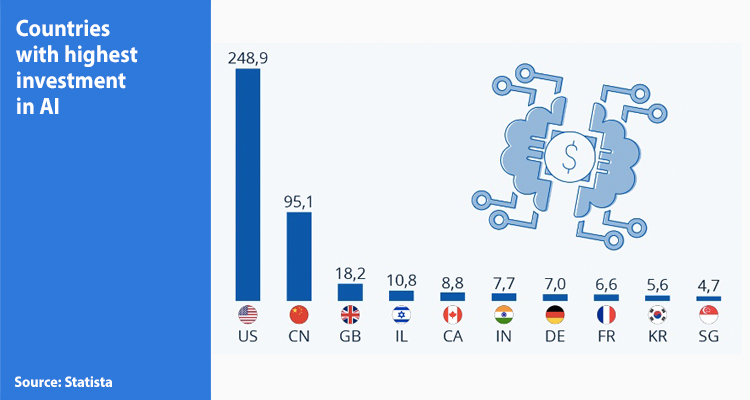
A new headache in the industry is the issue of AI and copyright. Law requires a work to be original and have a human author to be protected. Case law and regulation in some countries is evolving to address the role of AI in content creation: In the U.S., there is no copyright protection for works generated by a machine; however, copyright may be possible in cases where the creator can approve that there was substantial human involvement. The U.K. is one of the few areas that provides copyright for works generated by computer, but considers the author to be the person who makes the arrangements necessary for the creation of the work. The E.U. recognizes that AI-generated works can be protected by copyright if they meet the originality requirements. In other countries, the situation depends on the interpretation of copyright laws by the courts.
The social and cultural impact is undeniable, as it’s making content more accessible, without the need for human resources. The fate of the entertainment industry is inevitably interlaced with the advance of this new technology. Hollywood is facing one of its biggest crises in 60 years, and workers have begun large-scale strikes to demand their labor rights. Among their main demands are better salaries and immediate regulations on the use of AI.
This will redefine the industry in every aspect. To face this future, professionals and consumers must be ready to adapt, continuously improving their skills and expanding their knowledge in this constantly evolving field.

